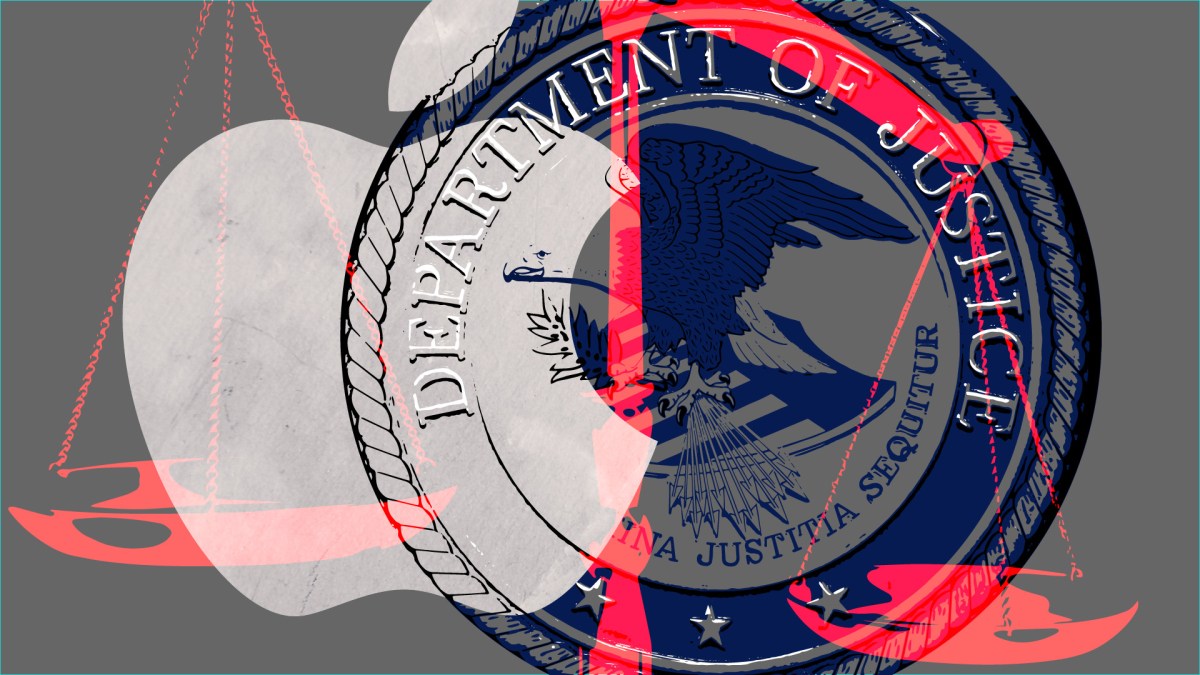U.S. regulators accuse Apple of operating as a monopoly, with far-reaching implications
Apple’s antitrust scrutiny has intensified as the U.S. Department of Justice filed a lawsuit alleging the company’s monopolistic practices in locking in iPhone customers and stifling competitors in hardware and software development. This lawsuit, following other antitrust cases against Apple globally, is complex and wide-ranging. We are delving into the details of the DOJ’s allegations, industry responses, and the implications for companies and consumers.
We will continuously update this page as the Apple antitrust case progresses, bearing in mind that a resolution may take three to five years, according to experts.
The DOJ’s Allegations Against Apple
If you wish to read the DOJ’s lawsuit immediately, you can access it here. For a summary, the complaint identifies five categories where Apple allegedly restricted competition:
- “Super” apps: Apple is accused of inhibiting the success of apps with multiple functions, akin to Elon Musk’s “everything app” vision for X.
- Messaging apps: The lawsuit points out how the blue bubble effect of iMessage discourages iPhone users from switching to competitors.
- Cloud streaming gaming apps: Apple’s alleged actions prevent cloud-based gaming to reduce reliance on expensive hardware.
- Digital wallets: The DOJ claims Apple’s control over NFC payments using Apple Pay hinders competition in mobile transactions.
- Smartwatch cross-platform compatibility: Apple is accused of making it costlier for users to switch smartphones by limiting Apple Watch functionality with non-iPhone devices.
Apple and Industry Response
Apple has issued detailed rebuttals to the DOJ’s claims, arguing that regulators are selectively using metrics to overstate Apple’s dominance in the smartphone market. Apple asserts that regulating their practices as monopolistic would harm market competition and negatively impact iPhone users.
The Coalition for App Fairness (CAF) expressed strong support for the DOJ’s regulatory action against Apple, citing a history of alleged illegal conduct and stifling competition in the App Store.
Future of Apple Antitrust
Immediate progress in the case is unlikely, as the legal proceedings and debates between Apple and the DOJ will take several years to resolve. The comparison to Microsoft’s antitrust prosecution in the 1990s highlights the complexities of Apple’s case and market dominance, signaling a unique legal trajectory.
For more information on Apple’s antitrust lawsuit, stay tuned for updates.


